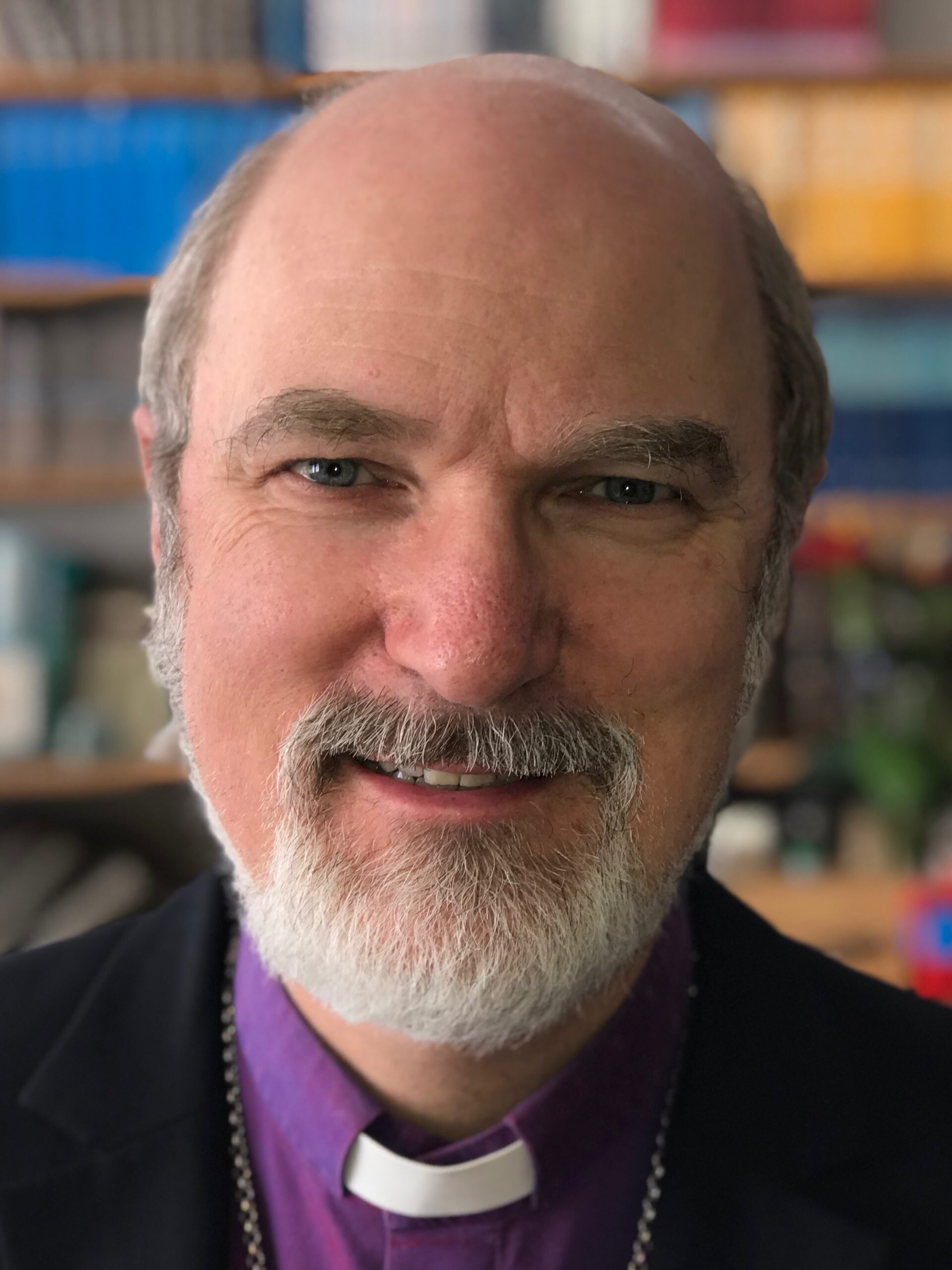The World’s Largest Muslim Organization Just Honored Evangelicals
From left to right, Rabbi David Saperstein, former Ambassador at Large for Religious Freedom under President Obama, Pak Yaha, Gen. Sec. of Nahdlatul Ulama, Imam Talib, Bishop Dr. Thomas Schirrmacher and ReligionUnplugged contributor Paul Marshall. Photo provided by Paul Marshall.
Religion Unplugged believes in a diversity of well-reasoned and well-researched opinions. This piece reflects the views of the author and does not necessarily represent those of Religion Unplugged, its staff and contributors.
(OPINION) Last week, a small but significant celebration headlined as “God Needs No Defense: Reimagining Muslim-Christian Relations” was held in a remarkable place. The occasion was part of the plethora of events around the bipartisan 2021 International Religious Freedom Summit held in Washington, D.C. on July 13-16. In this particular event, leaders of Nahdlatul Ulama (NU), the world’s largest Muslim organization, honored the newly installed head of the World Evangelical Alliance (WEA).
The new Secretary General of the World Evangelical Alliance elected in March 2021 is German theologian, Bishop Dr. Thomas Schirrmacher. Creative Commons photo.
The place was Masjid Muhammad, the first mosque to be built from the ground up in America’s capital city by its own citizens, and the first established in America by descendants of enslaved African Americans, including African Muslims. With this history, it is also called The Nation’s Masjid (Mosque).
It has shared roots in some heterodox forms of Islam among African Americans, now represented by Louis Farrakhan. But under Imam W. Deen Mohammed, the mosque community gradually embraced mainstream Islam. On May 22, 1960, Malcolm X donated $1,400 to it and helped raise more to build the mosque. The building was dedicated on Dec. 10, 1960, the anniversary of the Universal Declaration of Human Rights. In the late 1970’s, it dissolved its militaristic Fruit of Islam group, admitted White people into the community, and reached out to other religious groups. The mosque initiated the nation’s first Muslim American Veterans Association (MAVA) and supplied the first Muslim Chaplain to the U.S. Armed Forces. Its current imam, Talib Muttaqee Shareef, came after 30 years of active service in the U.S. Air Force.
Imam Talib welcomed Kyai Haji Yahya Cholil Staquf, who is the General Secretary of Nahdlatul Ulama, which is based in Indonesia and is the world’s largest Muslim organization, having some 90 million members, and also the head of NU’s youth organization, Gerakan Pemuda Ansor (Ansor). He is also the elder brother of Indonesia’s Minister of Religious Affairs, Yaqut Cholil Qoumas.
Then there was the introduction of the day’s guest of honor, Bishop Dr. Thomas Schirrmacher, the newly installed Secretary General and CEO of the World Evangelical Alliance which, due to the massive global growth of evangelicalism over the last century, has become one of the world’s major Christian bodies, drawing together over 600 million Christians in national alliances in 140 countries. Schirrmacher has also often been described as “the Pope’s favorite Protestant.”
Bishop Efraim Tendero, widely known as Bishop Ef, is the former Secretary General and CEO of the World Evangelical Alliance (WEA). Creative Commons photo.
This meeting’s origins stem from a NU/WEA meeting in November 2019, in Jakarta, Indonesia, which led in April 2020 to the two groups forming of a joint working group to counter two threats to religious freedom and to society more broadly: religious extremism and secular extremism. The two groups stress that they are not seeking to meld their theologies: they remain fervently Christian and fervently Muslim, but they want to work together, and to respect and love one another.
The working group has already produced several books and in honor of Bishop Schirrmacher’s appointment presented a collection of writings to him, titled “God Needs No Defense: Re-Imagining Muslim-Christian Relations in the 21st Century.” The phrase “God Needs No Defense” stems from an acclaimed essay by Abdurrahman Wahid, former head of NU and former President of Indonesia. It has now become a slogan, and even a song, in Indonesia. And, full disclosure, it first appeared as the Introduction to a book by Nina Shea and Myself, “Silenced.”
Apart from honoring the head of the WEA, the gathering also announced the formation of a joint “Center for Shared Civilizational Values” and produced “The Nation’s Mosque Statement.” This statement:
“calls upon people of goodwill of every faith and nation to join in building a global alliance founded upon shared civilizational values.
This global alliance seeks to prevent the political weaponization of identity; curtail the spread of communal hatred; promote solidarity and respect among the diverse people, cultures and nations of the world; and foster the emergence of a truly just and harmonious world order, founded upon respect for the equal rights and dignity of every human being.”
Many inter-religious partnerships can be akin to public relations exercises, and many religious declarations express fine words and sentiments that in the end come to little. But this remarkable partnership has produced fruit in joint projects in Africa and elsewhere.
In his keynote address to the International Religious Freedom Summit, and in his later Hudson Institute panel with former Secretary of State Mike Pompeo, Pak Yahya noted that many people might find it strange that a mammoth Muslim organization would produce a book honoring a world evangelical leader. Then he stressed that we should work together so that we find it to be a normal expression of our solidarity based on the God given dignity of every human being.
Paul Marshall is the Wilson Distinguished Professor of Religious Freedom at the Institute for Studies of Religion, Director of the Religious Freedom Institute’s South and Southeast Asia Action Team, Senior Fellow at the Hudson Institute’s Center for Religious Freedom, and a contributor to Religion Unplugged.



